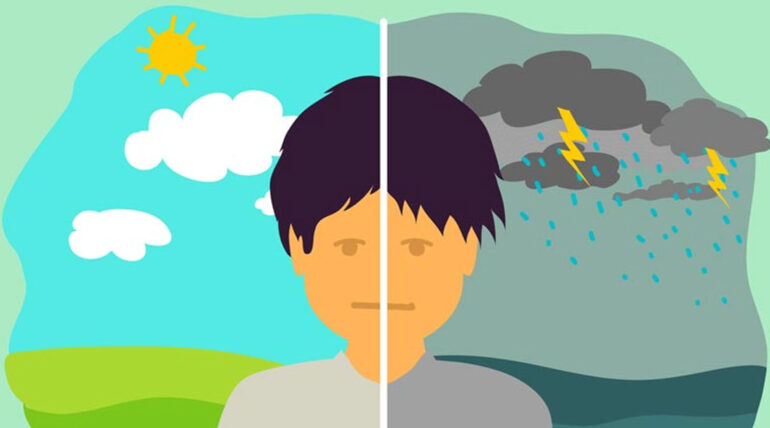
February 13, 2025
Create a calm environment. Cluttered spaces, background noise from the TV, multiple conversations, and even strong smells can overstimulate your loved one, triggering impulsivity, distress, and other symptoms. Offer a quiet, tidy space where they can relax and do soothing activities like coloring or journaling. Communicate with them in a gentle, reassuring tone, and discourage impulsive plans that might overstimulate them.
Spend quality time together. People experiencing manic episodes often feel isolated and misunderstood. Try to spend quality time with them doing relaxing activities that foster connection and reduce feelings of loneliness. This might include taking slow walks through nature, or doing yoga in the park—grounding activities that help work off their energy while connecting with you.
Have honest conversations. Talk to your loved one about how they are feeling. Use a gentle, steady tone and avoid intense conversations or debates that can escalate their energy. Rather than discussing complex topics that might overwhelm them, try to keep conversations light and speak with a soft tone and straightforward sentences. Be honest with them. Validate their feelings but do not reinforce unrealistic or impulsive ideas.
Prepare easy-to-eat meals. People experiencing mania may have a hard time sitting down to complete a meal. Try preparing simple foods and drinks that are ready on demand and don’t take too long to eat. This might include peanut butter and jelly sandwiches, fresh vegetables, and healthy, sugar- and caffeine-free drinks like herbal tea or cucumber water.
Encourage rest. Regular, consistent sleep habits are crucial for mood regulation. Promote rest by discouraging too much screen time, and opting for soft music or reading instead. If your loved one turns down for a nap, protect their rest by keeping their environment quiet and preventing visitors or other distractions. If you notice signs of tiredness, suggest a nap but avoid insisting, which could lead to agitation or arguments.
Set limits on risky behavior. Gently redirect your loved one away from risky or impulsive behaviors, like overspending, substance abuse, or grandiose decisions like quitting their job or making other sudden major life changes. If necessary, limit access to credit cards, social media, cars, or other situations that may amplify risk.
Involve professionals if necessary. Learn to recognize signs of danger, like delusional thinking, reckless behaviors, and threats of self-harm. Keep important phone numbers on you at all times. If your loved one’s behaviors become dangerous, contact a mental health professional or crisis hotline to provide the support and intervention your loved one needs.
Encourage medication adherence. People experiencing manic episodes may have trouble sticking to their treatment plan due to factors like side effects, feeling good, or enjoying the manic episode. Remind your loved one that medication is critical for helping them feel stable and balanced, even when they feel well. If they experience uncomfortable side effects, suggest reaching out to their healthcare provider, as a dose adjustment may help them feel better.
